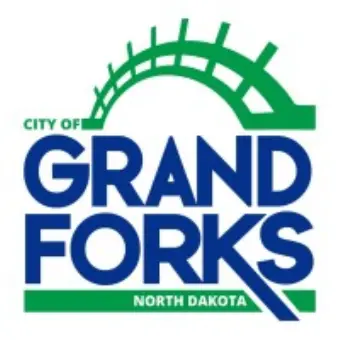WORKING TOGETHER TO SHARE WHY GRAND FORKS IS WAY COOLER THAN YOU THINK



City of Grand Forks
To assess community nutrition needs and integrate community involvement in public health nutrition issues; counsel individuals and groups on nutrition practices designed to prevent disease and promote health; to evaluate nutrition trends and risk factors and determine priorities for targeted interventions; develop and advocate public policy activities; to provide nutrition education.
Essential Functions:
1. Assess and evaluate community nutrition needs and integrate community involvement in public health nutrition and health concerns; counsel individuals and groups on nutrition practices designed to prevent disease and promote health.
2. Evaluate nutrition trends and risk factors and determine priorities for targeted interventions; monitor, anticipate and respond to public health nutrition issues.
3. Develop and advocate for public policy; perform targeted health promotion and disease prevention activities; perform social marketing and direct media to increase public awareness of nutrition and health issues, health promotion, and disease prevention.
4. Collaborate with other community groups, establish and build community coalitions; network, partner and cultivate relationships with allied health professionals, community organizations, professional associations and others.
5. Provide education to individuals, families, schools, agencies and other health professionals; serve as a resource and mentor on a wide variety of nutrition issues; provide nutrition screenings and advice; disseminate nutrition information and interpret public health data.
6. Participate in emergency planning and response, including surveillance .
7. Identify risk factors for chronic diseases related to nutrition and physical activity behaviors; participate in disease and health event investigation; provide information and services to address public health nutrition needs.
8. Manage budgetary resources; write grants to secure funding; create and compile appropriate records and reports.
Marginal Functions:
1. Attend and participate in professional group meetings; stay abreast of new trends and innovations in the field of public health.
2. Perform related duties and responsibilities as required.
Knowledge: Human nutrition and its relationship to public health and disease; principles of food science and food preparation; principles of education and effective methods of teaching; nutrition assessment and education; counseling and education programs aimed at nutrition care; special nutrition needs of population; fundamentals of financial management; ethical and legal implications of maintaining client confidentiality; modern office equipment, computers, and communication technology; pertinent federal, state, and local laws, codes and regulations.
Skills: Communicate clearly and concisely, both orally and in writing; establish and maintain effective working relationships with those contacted in the course of work; possess critical thinking skills; maintain mental capacity which allows the capability of making sound decisions and demonstrating intellectual capabilities; maintain effective audio/visual discrimination and perception to the degree necessary for the successful performance of assigned duties.
Abilities: Inform, educate, and motivate others with regard to public health nutrition and wellness information; apply specialized knowledge and techniques to nutrition problems; interpret and explain city, county and state health policies and procedures; prepare clear and concise reports; advocate for local ordinances that impact public health policy; exercise independent judgment based on sound nutrition practice; provide technical assistance to other agencies.
Experience: Two years of increasingly responsible experience in community nutrition.
Education or Training: Equivalent to a Bachelors degree from an accredited college or university with major course work in food and nutrition or dietetics and a one year internship; or completion of the Coordinated Undergraduate Program in Dietetics (CUPID).
License or Certificate: Possession of, or ability to obtain, licensure as a North Dakota Registered Dietitian (LRD). Possession of, or ability to obtain, a CPR certification and Automated External Defibrillator (AED) certification. Possession of, or ability to obtain, an appropriate, valid driver's license.